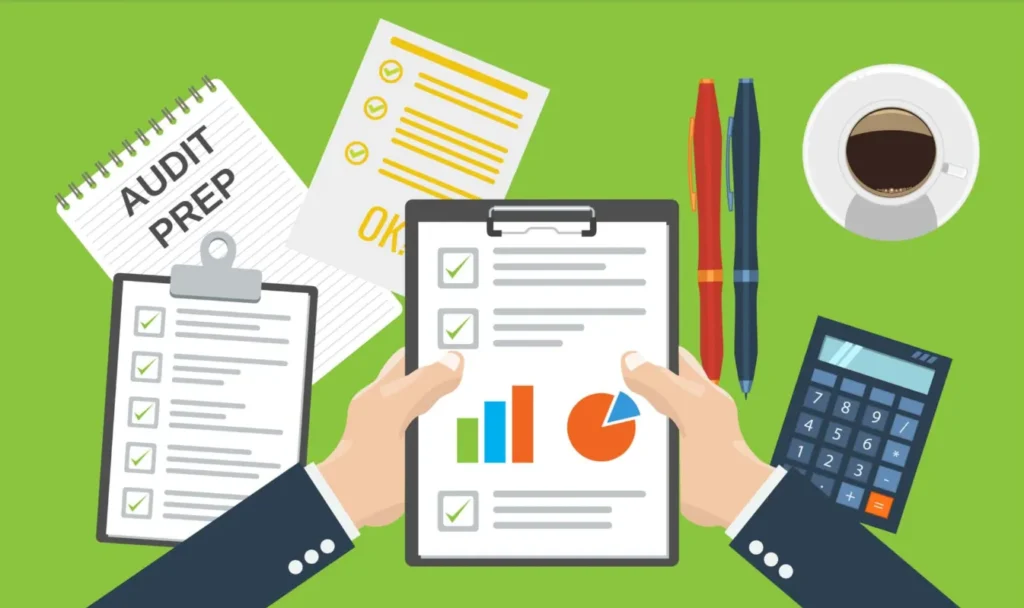In the intricate world of finance management, one aspect that often commands meticulous attention is payroll compliance. This multi-faceted domain is not just about paying employees on time but ensuring accuracy in every transaction. The significance of precision in payroll cannot be overstated, which is where the essential process of a payroll audit comes into play. Payroll audits serve as a critical tool in uncovering discrepancies, upholding statutory compliance, and maintaining an organisation’s financial health.
The Imperative of Payroll Audits
Businesses today traverse a complex landscape filled with changing laws, tax codes, and employment regulations. Navigating through these while ensuring accurate payrolls is a considerable challenge. The mismanagement of payroll can lead to serious financial ramifications and even legal consequences. Thus, the implementation of regular payroll audits is not just prudent business practice; it is a safeguard against potential financial pitfalls.
Payroll audits involve a thorough review of a company’s payroll processes to verify that employee payments are correct, taxes and other deductions are accurately applied, and that the records comply with relevant laws and regulations. For any business, large or small, the implications of an inaccurate payroll can be dire. Errors can result in overpayment or underpayment to employees, incorrect tax filings, and even incur penalties from regulatory bodies.
Scrutiny and Risk Management
Engaging in a payroll audit helps businesses to identify areas of risk within their payroll processes. By analysing every nook of payroll records, companies can pinpoint procedural inadequacies or inconsistencies. This scrutiny aids in enforcing uniform payroll practices across the organisation and rectifying any errors before they escalate into bigger issues.
Furthermore, risk management is not solely about identifying current errors. Through payroll audits, companies can also future-proof their payroll systems against possible changes in legislation or uncovering potential weaknesses that could be exploited through fraud. It’s a proactive approach to securing financial assets and protecting the interests of all stakeholders involved.
Transparency and Employee Confidence
A vital outcome of conducting regular payroll audits is the enhancement of transparency within an organisation. Employees are the backbone of any business, and their confidence in the payroll system is paramount. When workers have confidence that they are being paid accurately and fairly, it cultivates a positive work environment and boosts morale.
Payroll audits not only reassure employees about the credibility of the payroll system but also demonstrate an employer’s commitment to fair and transparent practices. This openness in financial dealings is essential for establishing trust and integrity, both internally with employees and externally with regulatory authorities and stakeholders.
The Audit Process
The process of a payroll audit typically involves a series of methodical steps. An auditor will review payroll records for accuracy, assessing elements such as timesheets, wage computations, and deductions. Verification of compliance with tax laws and employment standards is also a critical part of the process. In addition, the auditor may recommend improvements to the payroll system to prevent inaccuracies in the future.
While the thought of a payroll audit may seem daunting to many businesses, it is a necessary exercise. It ensures that the complex machinery of payroll systems remains well-oiled and functioning as intended. Employers who routinely conduct payroll audits can head off financial anomalies that might have otherwise gone unnoticed.
Technological Integration
In the digital age, technology plays an instrumental role in enhancing the efficacy of payroll audits. Advanced software and automated systems can detect irregularities that might escape the human eye. These tools offer comprehensive analytical capabilities which allow auditors to scrutinise data with exceptional precision.
Moreover, modern technological solutions in the payroll arena provide the means to conduct audits with greater speed and efficiency. Automation minimises the need for manual data entry, thereby reducing the probability of human error and allowing auditors to focus on more complex tasks.
Conclusion
In conclusion, ensuring accuracy in payroll is of utmost importance for any organisation. The process of conducting a payroll audit is not just a regulatory obligation but a strategic move towards achieving financial diligence and compliance. It provides a framework for reviewing and improving payroll practices, hence instigating confidence among employees and stakeholders.
Regular payroll audits are a testament to a company’s commitment to strong fiscal management and accountability. By investing in this crucial aspect of financial oversight, businesses protect themselves from potential risks and legal issues. Ultimately, a sound payroll audit process contributes to the overall integrity and success of an organisation’s financial operations.

